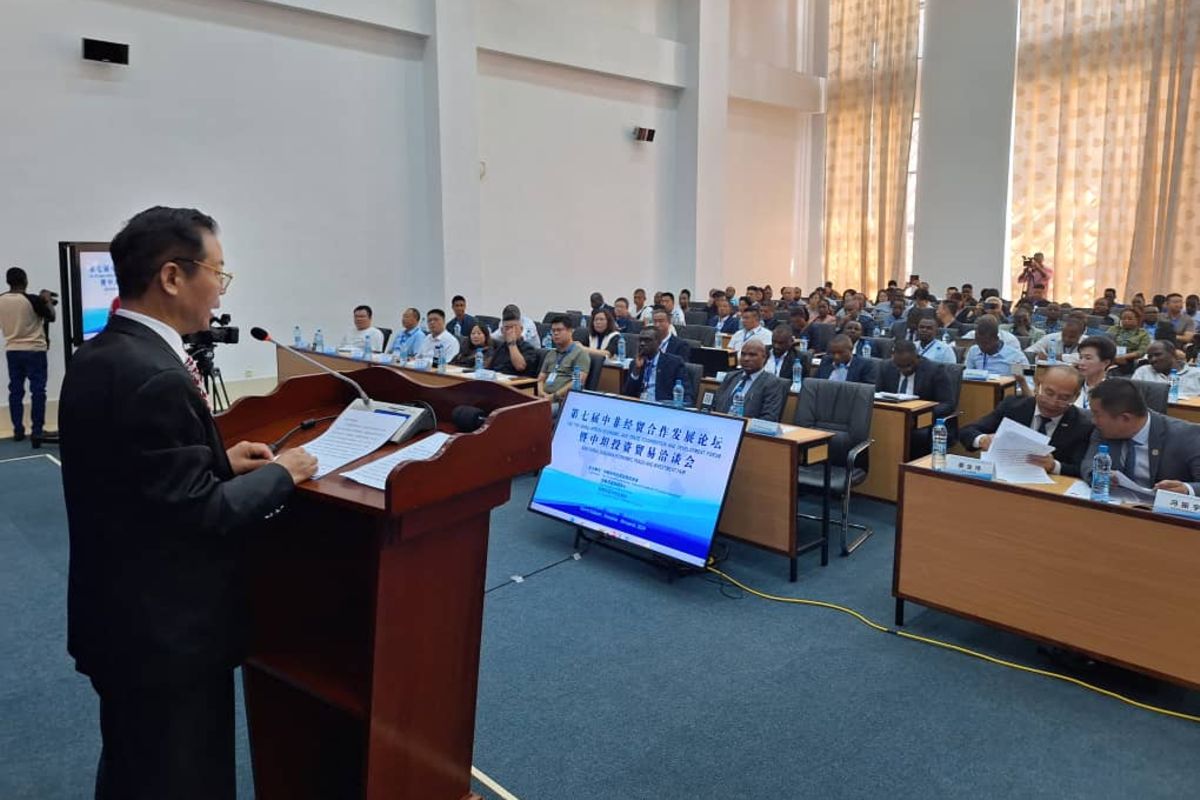Dar es Salaam. A trade mission of 100 Chinese investors and businesspeople is exploring partnership opportunities in Tanzania’s mining, agriculture and manufacturing sectors.
The Tanzania Investment Centre (TIC) Director of Investment Facilitation, Mr Muftah Bunini, announced this during a forum on China-Tanzania cooperation in trade, investment, and development.
Speaking during the event, Mr Bunini said the Chinese are interested in investing in the sectors of manufacturing, agriculture, and infrastructure.
“Some are looking for advice on tax issues, clearing and forwarding procedures, and partnerships. They also require cooperation from law firms, therefore Tanzanians must be prepared to work with them,” he said.
Mr Bunini emphasised that Tanzania will use the forum to highlight the potential that exists there and how they can work together to attract investment. He pointed out that China was among the top 10 nations that made significant investments between 1997 and December 2023.
“China leads with $11 billion worth of projects in Tanzania that have created at least 144,726 jobs,” he said.
According to him, Chinese investors continue to come to the country, and TIC, in collaboration with the Export Processing Zones Authority (EPZA) and the Tanzania Private Sector Foundation (TPSF), provides guidance and opportunities available in the country.
“This year, there will be talks with China on agriculture. They expect many investors to come and explore opportunities for further investment,” he said.
For his part, EPZA director general, Mr Charles Itembe, said the forum will connect businessmen from China and Tanzania.
“To draw in investors and export our goods, the government has been marketing them. China has made investments in EPZA, where about 35 businesses are registered. Capital of about $2 million has been registered through EPZA for mining, agro-processing and manufacturing,” he said.
He noted that the flow of investments is significant due to the incentives provided and improvements made with over 20,000 jobs created.
“Our market, which has a population of over 60 million and access to the SADC and AfCFTA markets, is large enough to draw investment. China’s access to Tanzania is therefore significant,” he said.
Furthermore, he said Tanzania also benefits from the African Growth and Opportunity Act (AGOA) duty-free and UK market access, all of which are areas where China’s investment will lead to market access and job creation.
The delegation has come to the nation to look into business potential in a variety of industries, including agriculture, according to Mr Feng Zhenyu, the vice chairman of the Chinese Chamber of Commerce.
“This will help Tanzania create a lot of job opportunities, attract Chinese investors, and increase revenue collection through attracted investments,” he stated.














